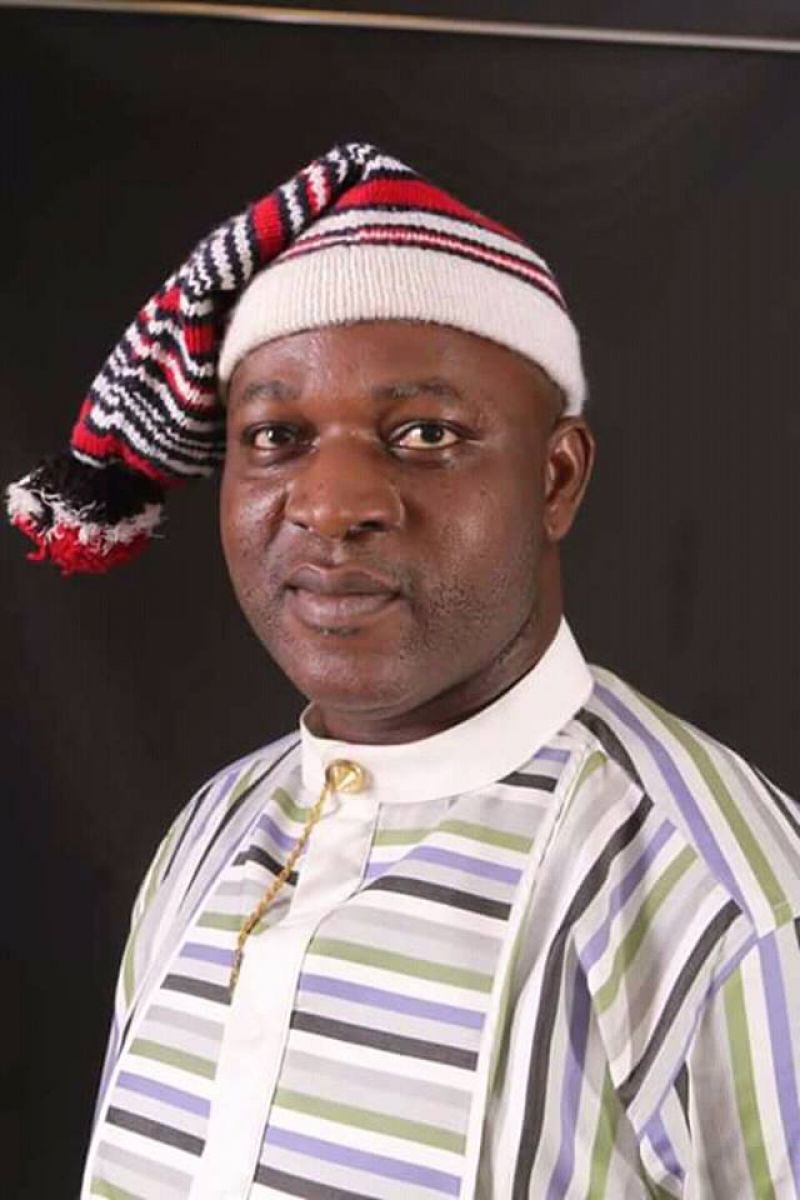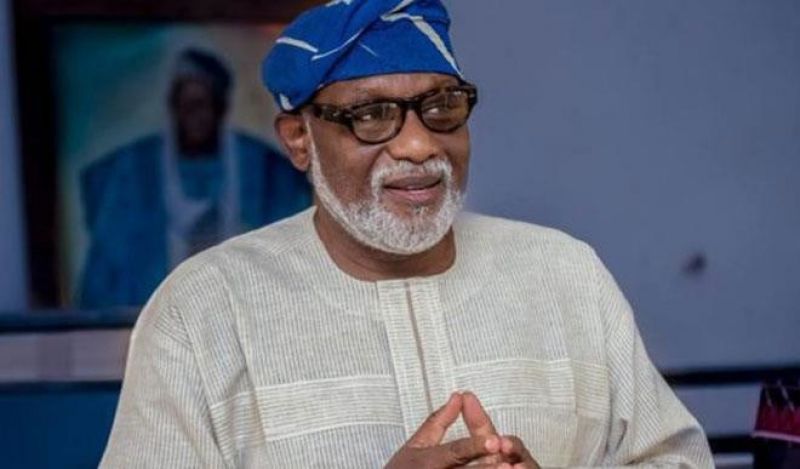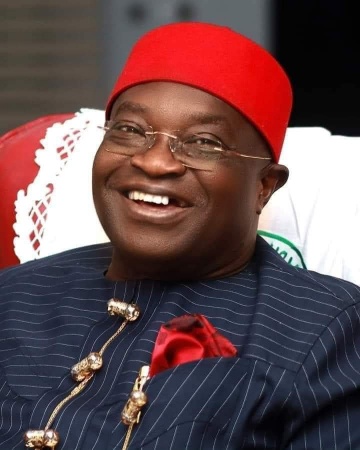Why we must promulgate technocracy in every democracy
Posted by FN Editor | 5 years ago | 1,818 times

By Emenike Vincent Onyembi,
Twitter @Onyembivinc
The subject above was selected to make a case for the future of development in Nigeria, nay Africa. It is going to be an unconventional discourse. I have decided to design a new thought aimed at proposing that the future of development in Nigeria lies in the shift from democracy in the conventional sense to technocracy, where the role of the expert is recognized and appreciated.
Democracy has been adjudged as a system of governance in which political leaders are freely elected, with an underlying assumption that the leadership will be responsible to the governed by translating pre-election pledges into concrete policies that enhance the general welfare of society. In this premise, politically elected leaders must rely on experts to formulate and implement relevant policies. These experts are technocrats and as such exercise authority cum power by the virtue of their competence in specific fields. They exercise influence on the political leaders through this means, while the political leaders in turn takes acknowledgement for the benefits that accrue to the society.
Lets conceptualize the two terms above..
Very quickly, technocracy could be seen as government by specialized decision making. Technocrats are virtually folks with specialized training, who approach societal problems from the vantage point of appropriate knowledge and experience. They seek solutions to problems in science and technology broadly conceived. Njalsson (2016) would say, 'technocrats are primarily driven by their cognitive "problem-solving mindsets", and only in part by particular occupational group interests. The activities of technocrats and the increasing success of their ideas are thought to be a crucial factor behind the modern spread of technology and the largely ideological concept of the "Information Society"'.
To wrap up the conceptualization, it may interest us to know that democracies function within the framework of two related principles, namely, (1) all members of the society have equal access to power, and (2) all members enjoy universally recognized freedoms and liberties. However, there is a variety of democracies, some of which provide better representation and more freedoms for their citizens than others.
If any democracy is not carefully designed to avoid an uneven distribution of political power like in the Nigerian case, a branch of the system accumulates power in a way that is harmful to democracy itself. An essential process in a representative democracy is competitive election, that is fair both substantively and procedurally. To buttress it all, freedom of political expression, freedom of speech and freedom of the press are essential, so that citizens are informed and able to vote in their personal interests.
In contradistinction to democracy, technocracy is a system in which decision makers are selected on the basis of the knowledge they demonstrate, rather than how much POLITICAL CAPITAL they hold or how POPULAR they are. One can easily characterize some forms of technocracy as elitism, whereby the "most qualified" and the administrative elite tend to be the same (Rose 2006; Golden 2016). In overall, a technocracy relies more on expertise and leadership skills selected through bureaucratic processes rather than democratic elections.
In technocracy, the various branches of government work together and share knowledge to maximize the performance of each branch in as equal a way as is feasible. Only experts occupy positions where crucial decisions are to be made in the bureaucracy, so that, for a few instances, the economy is regulated by economists; Social policy is designed by political scientists; the health care system is run by medical professionals. Laws and regulations are designed to pay attention to performance and efficiency, not individuals.
Yes, this may seem authoritarian, but the principles of a technocracy should be anticipatory, designed as a form of in-built problem-solving, in which action is based on the psychology of conditioning, rather than on the intrusive whims of personality. Technocrats provide understanding of the dynamics, facts and stakes involved. Citizens provide the values, every day issues, and common sense suggestions. And consequently, experts (technocrats) prepare policy recommendations.
If the Nigerian society's aim is to create a future most desired by the people, then effective leadership must move from conscious belief-based decision making to value-based decision making. The fundamental question to be asked in this regard is, "when a decision is being taken, is it aligned with the values represented by the government and the democratic aspirations of the people?" if the decision were to be rational but not in concurrence with such values, it would not be consistent with the objective of growth and development.
The point is that the nature of a decision should reflect a value.
If a democracy were to value trust, then the leadership needs to take decisions that allow it to display and experience trust. Value-based decision making is not reliant upon predetermined reasoning based on past experiences. Instead, it is essentially a forward-looking process which asks the question, "How can I respond to this situation in such a way that I am able to express my most deeply held values?"
Summarily, what technocracy aims for is not the assimilation of democratic institutions, but rather the total transformation of constitutionalism, entailing the introduction of knowledge-based means of assessing the desired development needs, aligning them to available resources, and mainstreaming these in a future value oriented thinking and policy decision making.
There is need to promulgate professionalism
The technocrat seeks to inform, assess and integrate the infrastructure in a merit-based management system. This is the future for Nigerian development, nay African society.
Readers Comments
comment(s)
No comments yet. Be the first to post comment.








